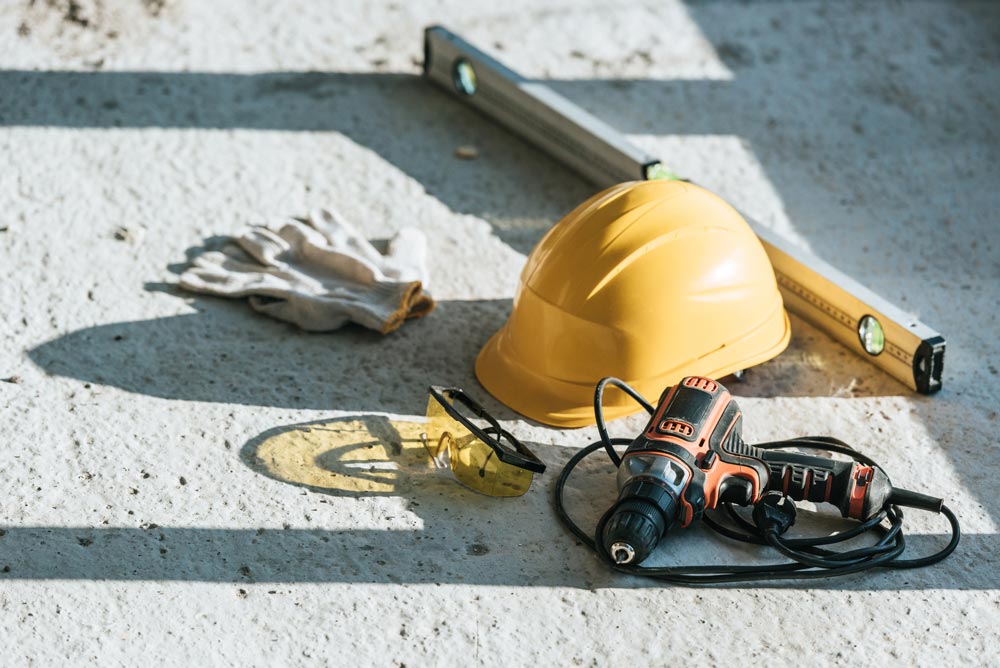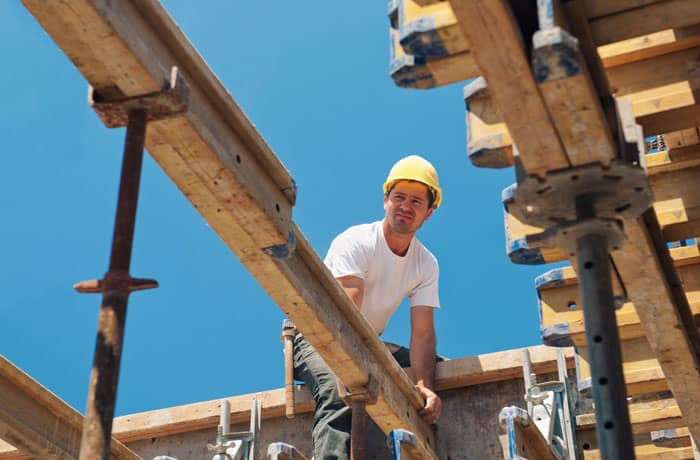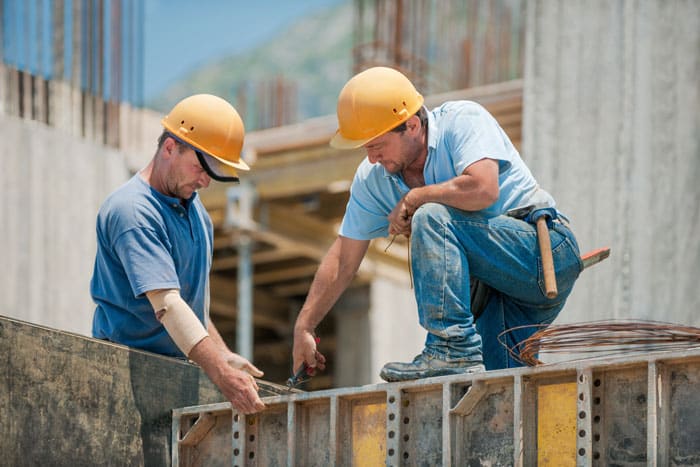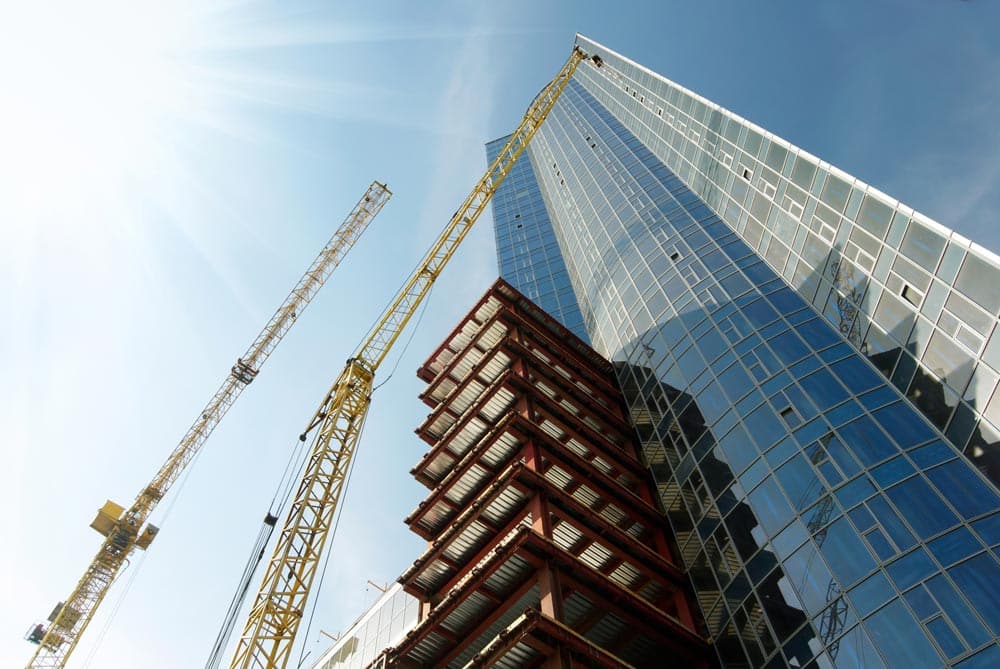How has COVID affected insurance for builders?
The impact of COVID was felt throughout Australia’s building industry, from Brisbane to Adelaide to Hobart, and the runaway effects of the pandemic are still flowing almost a year down the line. From delays in completing projects due to shutdowns, shortages of labour and materials and a marked increase in thefts, as many turned to thievery to supplement their now lost income. Insurers have faced strife, too, paying out an increased number of insurance claims whilst losing big money in the share market, meaning the funds reserved for claims have eroded quickly. As the economic landscape shifts, it’s vital for contractors and builders working within Australia’s construction industry to keep on top of their insurance and to understand precisely how COVID has affected their coverage. In this blog post, we’ll discuss some critical points for builder’s insurance in this new climate. If you’re a builder with questions about your insurance, read on!
Maximum Construction Period
A construction works policy includes a restriction on how long a project is covered whilst it is being built. Depending on your policy, cover usually starts from the beginning of a project and finishes at handover. Many builders believe there is cover as long as they keep renewing their policy, but this is not the case. Cover runs out on a project once the maximum construction period is reached, the policy is not renewed, or the policy is cancelled, whichever comes first. A maximum construction period tends to provide a standard cover of 12 months for the project to be built. However, 24 months for a construction project is also standard, and cover can be increased up to 36 months, depending on your insurance policy and circumstances. During 2020-2021 and persisting to today, materials and labour shortages resulted in prolonged projects, with many builders not realising that they may have been continuing work uninsured as they exceeded their maximum construction period.
The best time to set an appropriate maximum construction period is at the renewal of your policy. Think about past works and upcoming projects and how long those projects will likely take to complete, and then add a few months on top to be on the safe side. If you find that you will need a more extended construction period mid-term of your policy, contact your broker to discuss having this extension.
Thefts
With so many people out of work and trying to make ends meet, not to mention a shortage in materials leaving others within the industry desperate to find materials elsewhere – thefts have been on the rise. Thefts have been occurring on work sites and theft of tools and materials from cars and sheds. It is essential to keep your sites secure with fencing, lock up structures where possible and invest in some quality CCTV cameras or alarm systems. Always ensure your vehicles are locked or, where possible, tools and materials are removed and stored in a more secure location. Check your insurance policy – are you covered for tools and materials on and off-site? What are the conditions around theft claims?
Cessation of Works
Contract Works insurance policies include a cessation of works clause that usually states that if works cease for 30, 60 or 90 days – cover ceases on that project. During 2020-2021 it was pervasive for projects around Australia to cease work for long periods. You must know your cessation of the works period and ensure you always work within this timeframe. Delays don’t just come from COVID hold-ups but can occur when there are disputes, waiting on materials or trades or waiting for a gap in your packed schedule.
Speak to your broker to clarify this condition and to what extent cover will cease. Is it just for theft and material damage or all liability claims? For instance, would you be covered if someone were to jump your fence and injure themselves and you were found to be partially at fault? It’s essential to know where you stand and whether you should invest in insurance products such as business liability insurance or commercial vehicle insurance.
Maximum Contract Value
Shortages in materials have also increased material costs. It is essential to check the maximum limit you have set per project and that it reflects the increased contract values you are now entering. As with the maximum construction period, it is easiest to set this value at the renewal of your policy, think about past and upcoming projects and what your most considerable contract value will be and then add a little bit extra on top to be safe. If you pick up a contract mid-policy period and need to increase your maximum contract value, speak to your broker with as much notice as you can give so they can negotiate the best possible outcome on your behalf.
These are just some of the issues that COVID has impacted the building industry locally in Adelaide and around Australia. Builders’ insurance requires an in-depth understanding of the building industry, and it especially helps to have a broker that lives and breathes insurance for the building industry. For any questions, don’t hesitate to get in touch with your building and construction industry insurance specialist at Be Covered, and we will be more than happy to help.






